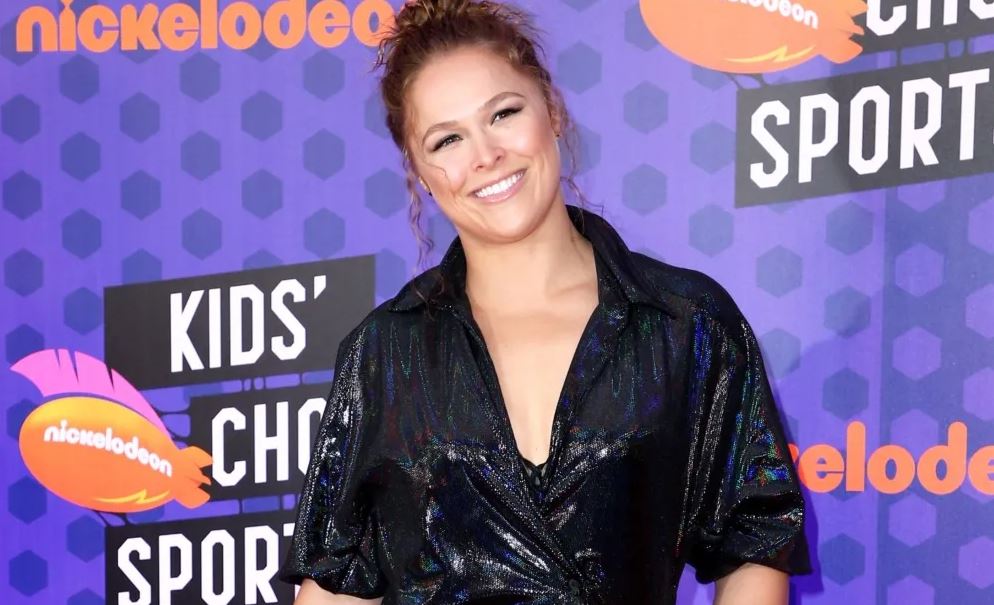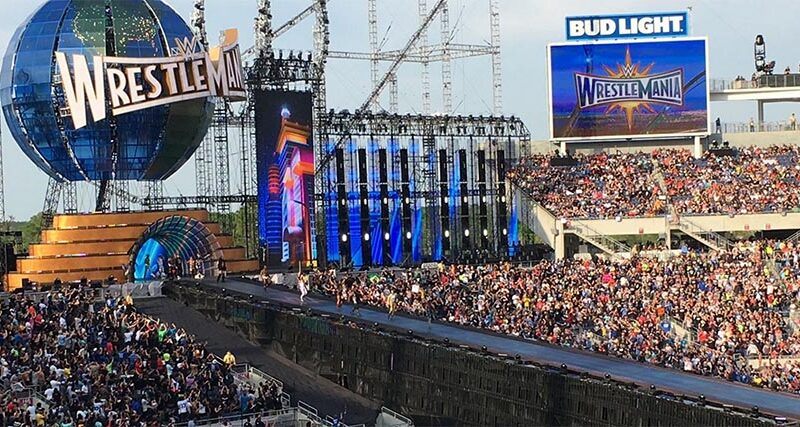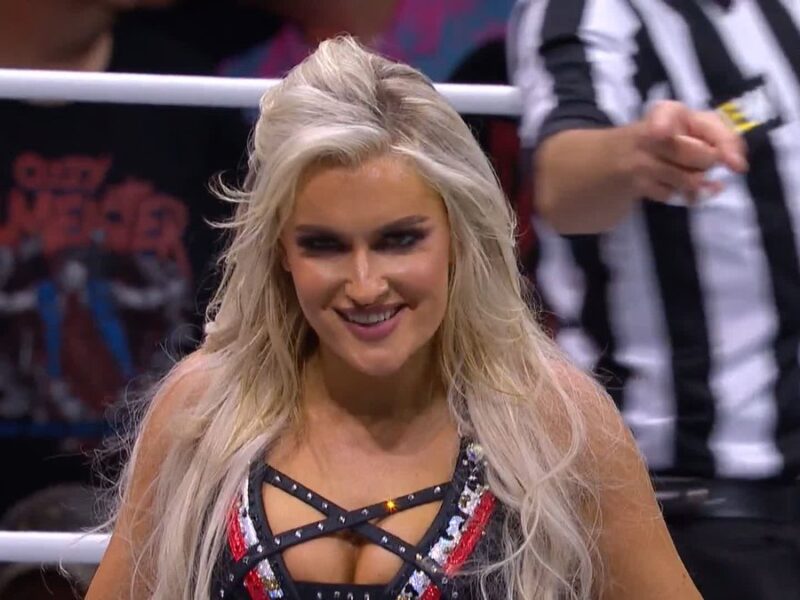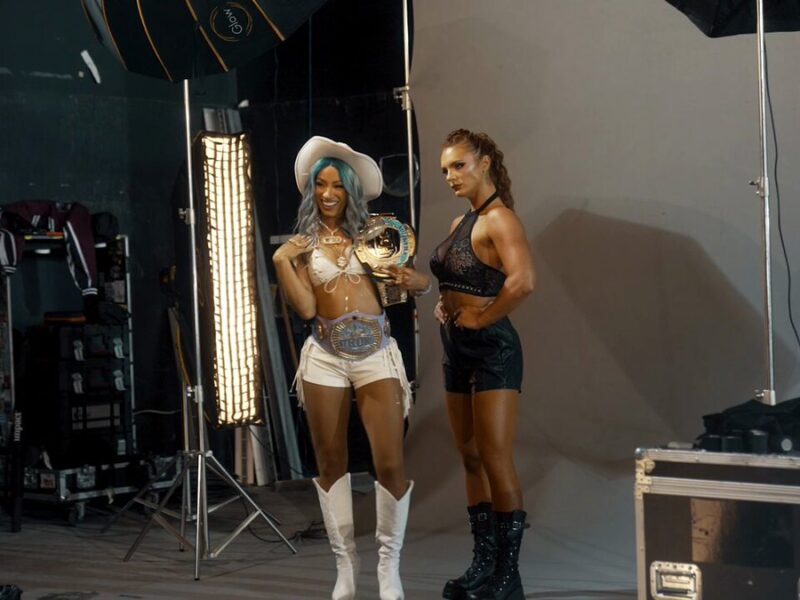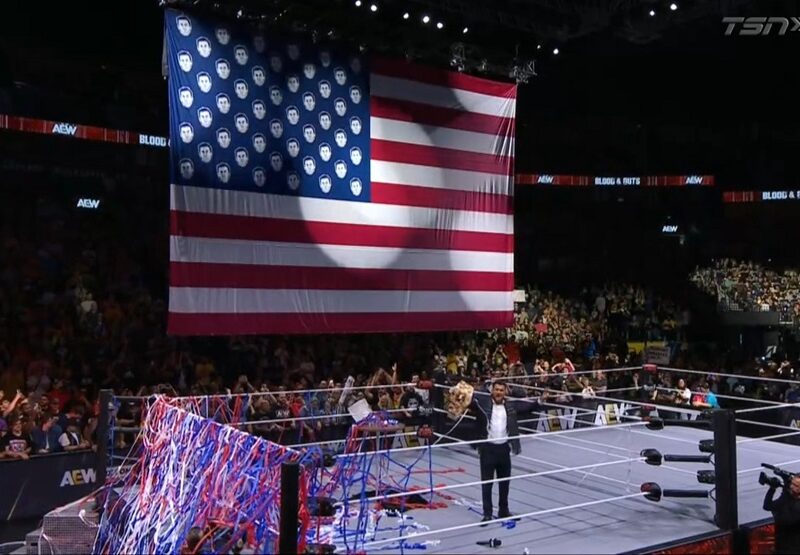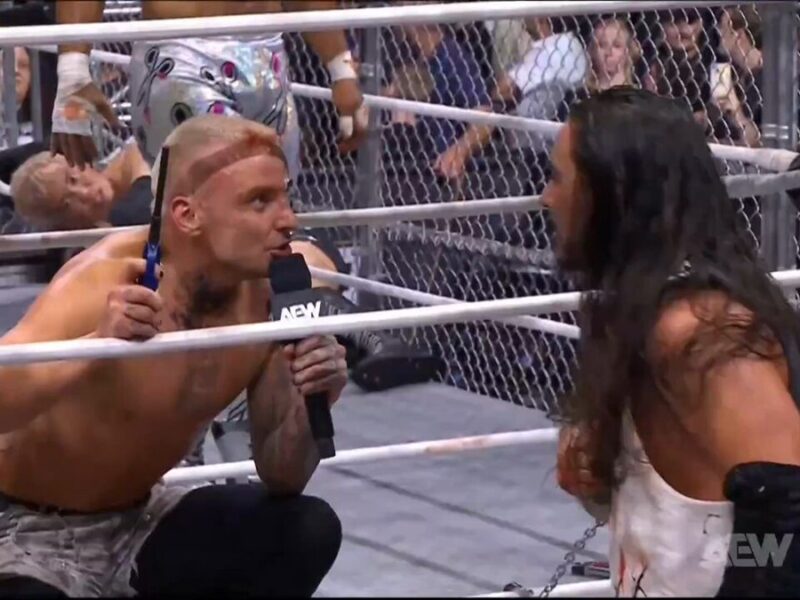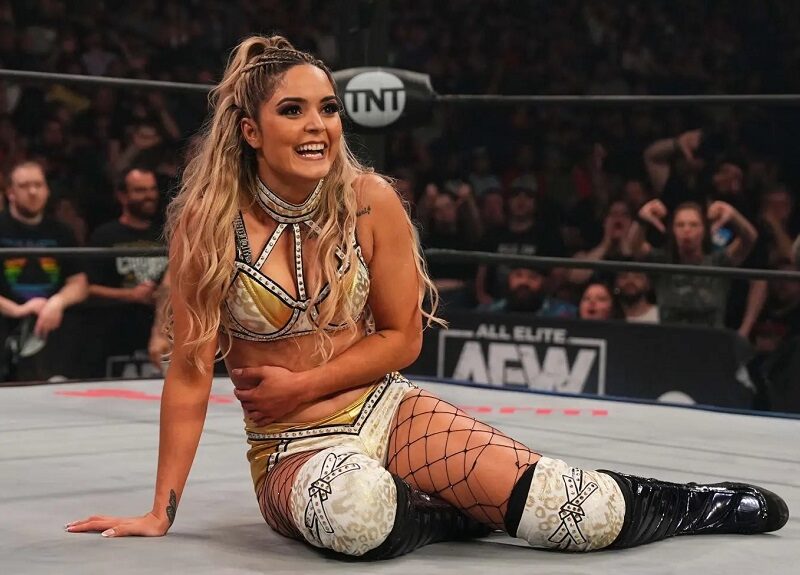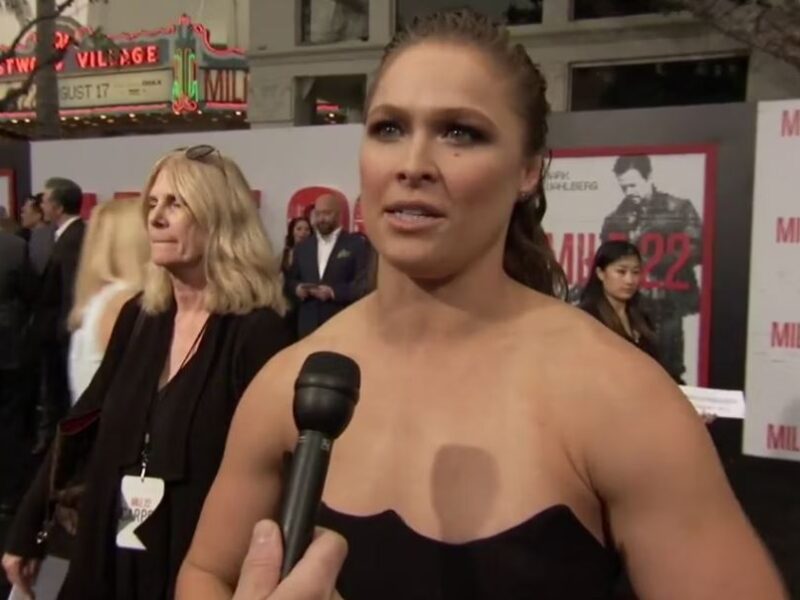Following her exit from the WWE, Ronda Rousey was quite vocal about being unhappy under the previous leadership in the company. With Vince McMahon being in charge of things, the former champion grew bad blood with the management which ultimately led to the aforementioned departure. It further led to a potential return to the UFC […]
WWE
WWE latest breaking news
With the newest edition of Wrestlemania around the corner, there is a lot of gossips among the fandom and a lot of WWE news follows. SportzWiki tracks them for you and brings to you everything about recent WWE news chatter.
WWE news today is that Scotland is all set to host its first pay-per-view event on the 15th of June. The second edition of the Clash at the Castle, a recently introduced wrestling event will be held in OVO Hydro in Glasgow. WWE latest breaking news is that Drew McIntyre will face Seth Rollins for the World Heavyweight Championship and the likes of Scottish stars Mark Coffey, Piper Niven, Wolfgang, Joe Coffey, Isla Dawn, and others can also feature in the mega event.
Just days before their mega event in the Wrestlemania XL, The Rock-Roman Reigns duo broke out on the WWE latest news today when they thrashed Cody Rhodes and destroyed him. The Bloodline stood victorious against Rhodes and Seth Rollins who were interfered with and attacked by the Rock-Roman duo.
Roman Reigns came up in the WWE news update today when he announced that Paul Heyman will be inducted into the Hall of Fame. There were speculations about who will induct one of the greatest on-screen managers in professional wrestling into the Hall of Fame Class of 2024. Now, after the announcement by Reigns, Paul expresses his gratitude towards Reigns for inducting him.
For more updates, and WWE current news, visit Sportzwiki – your one way stop to all sports related queries.
WWE FAQs
The Bloodline won their match against Seth Rollins and Cody Rhodes after later was destroyed by the Rock-Roman duo.
Bo Dallas’s potential return to WWE TV has been hinted in the latest Bray Wyatt documentary. Considering that, he might make a comeback.
The latest update on the Hall of Fame came when Roman Reigns announced that he
will induct Paul Heyman into the Class of 2024 this Friday night. This is big as Heyman is one
of the greatest managers in the WWE universe.
Lia Maivia, wife of high chief Peter Maivia will be inducted into the Hall of Fames Class
of 2024 by her grandson The Rock.
The second edition of the Clash at the Castle will be held in Scotland on the 15th of
June.
